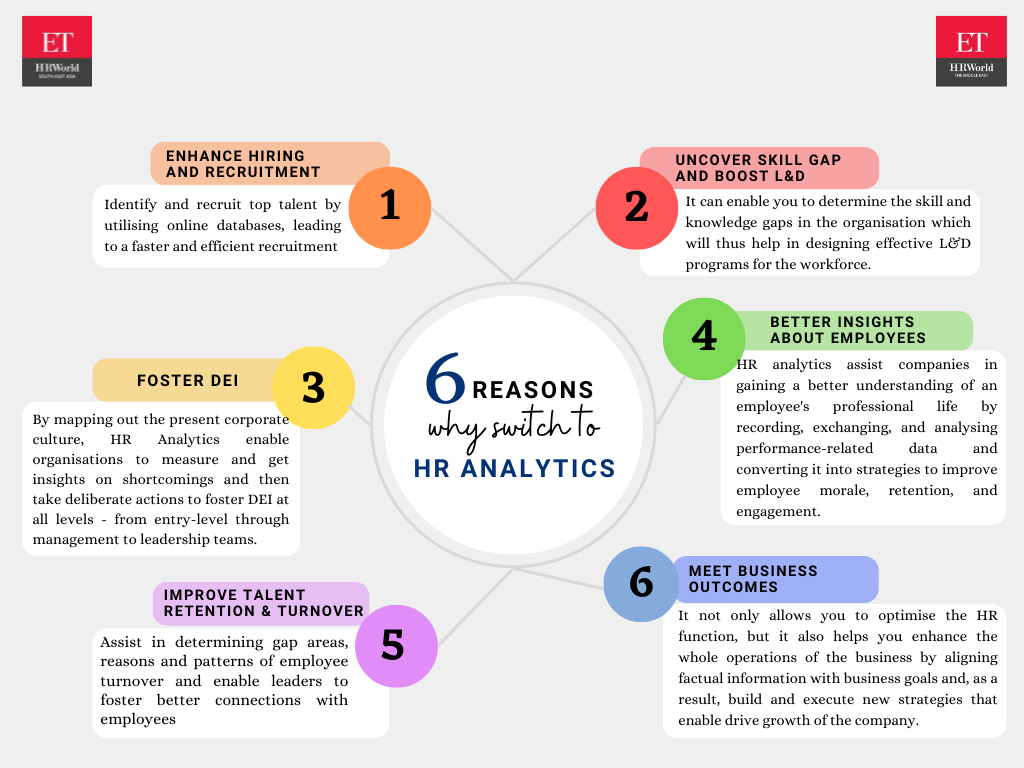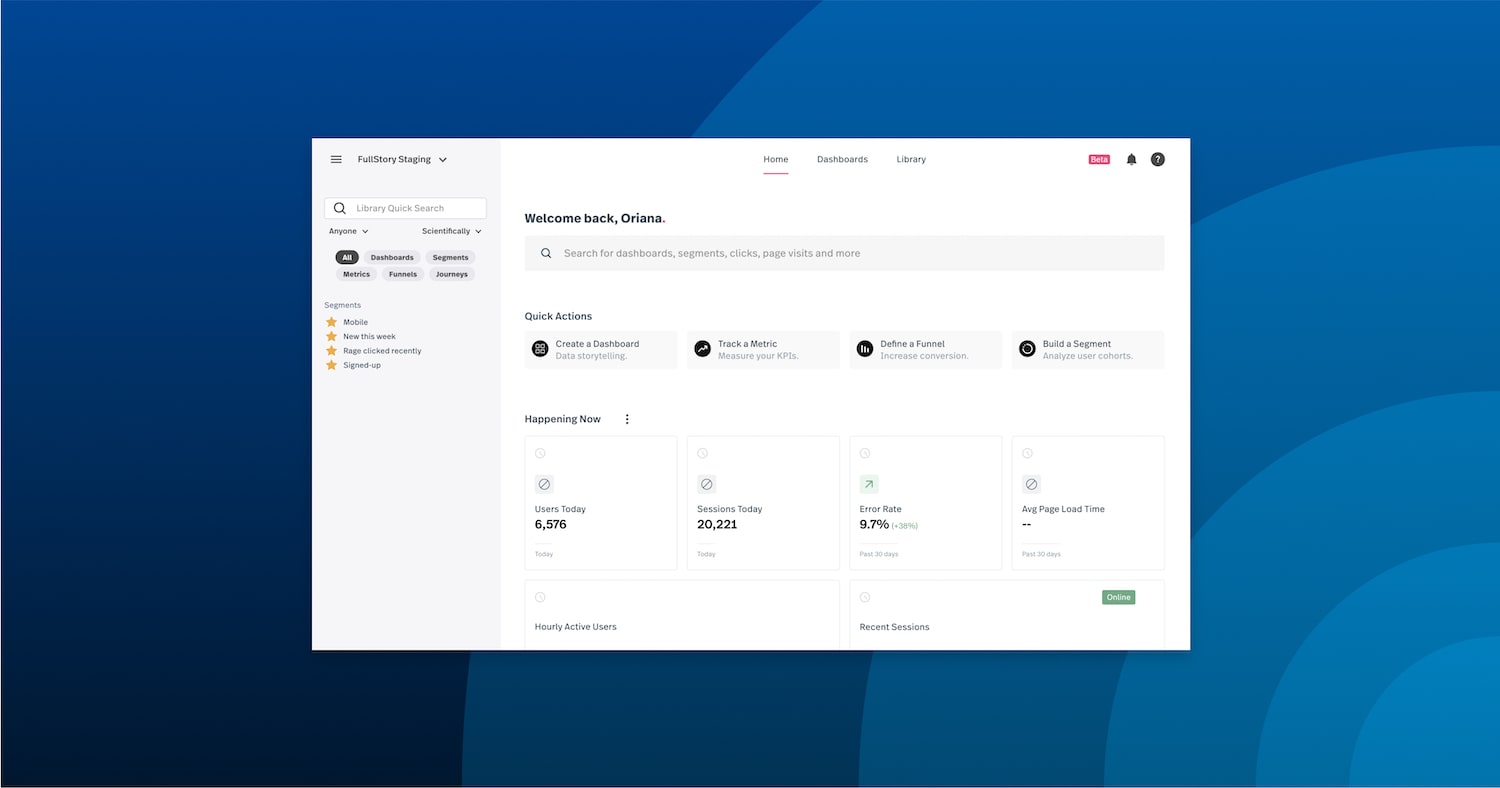Leverage Predictive Analytics for Future-Ready Decisions
Optimize Development: How Analytics Drive Better Strategies
By utilizing data understandings, organizations can improve their functional strategies, expect market adjustments, and improve consumer involvement. The difficulty lies not only in collecting data but in effectively analyzing it to drive concrete outcomes.
Understanding Data Analytics
Information analytics is an organized computational analysis of information that enables organizations to uncover significant patterns and understandings. This procedure includes a variety of strategies, consisting of analytical evaluation, predictive modeling, and information mining, which jointly aim to change raw information into workable details - Analytics. By employing these approaches, organizations can make enlightened choices that are rooted in empirical proof instead than intuition alone
The foundation of information analytics depends on its ability to deal with vast amounts of information from varied sources. This consists of structured information, such as data sources, and unstructured information, including social media sites interactions and client comments. Via making use of specialized software application and tools, experts can extract and process this data effectively, recognizing fads and connections that might not be promptly obvious.
Recognizing information analytics likewise entails acknowledging the relevance of information quality and integrity. Precise and reputable information is important for purposeful analysis; thus, companies have to execute durable data governance methods. Additionally, the repetitive nature of analytics allows for constant refinement and enhancement of approaches, guaranteeing that companies continue to be nimble in the face of altering market characteristics and consumer behavior.
Key Benefits of Analytics

Among the key benefits of analytics is its capability to provide workable understandings. Organizations can swiftly examine huge amounts of information, revealing patterns that may not be quickly evident. This assists in expecting market shifts and adapting approaches as necessary. In addition, analytics cultivates a culture of evidence-based decision-making, lowering reliance on intuition and uncertainty.
An additional substantial advantage is boosted client understanding. Analytics tools allow services to section their audience, track consumer behavior, and customize marketing initiatives. This targeted approach not only boosts client engagement however additionally drives greater conversion rates.

Implementing Analytics Strategies
To completely recognize the benefits of analytics, organizations should embrace structured techniques for implementation. This begins with clearly defining objectives that align with wider organization goals. By developing details, quantifiable results, companies can focus their analytics efforts on locations that yield the highest possible return on financial investment.
Following, companies need to focus on data governance to make certain the honesty and safety of the data being evaluated. This includes establishing methods for information collection, storage space, and accessibility while adhering to relevant guidelines. Making sure high-grade data is crucial for creating meaningful understandings.
Moreover, fostering a culture of data-driven decision-making is important. This needs training employees to translate analytics searchings for and motivating collaboration throughout departments. They are a lot more likely to incorporate understandings right into their day-to-day operations. when groups comprehend the worth of analytics.
Lastly, organizations ought to regularly examine and refine their analytics approaches. The landscape of information and innovation is continually progressing, and staying more adaptable will allow organizations to take advantage of brand-new tools and techniques successfully. By implementing these organized strategies, organizations can optimize the influence of their analytics efforts and drive sustainable growth.
Devices for Effective Evaluation
Reliable analysis counts on a variety of devices that help with the removal of understandings from information - Analytics. These tools can vary from straightforward spreadsheet applications to sophisticated machine learning platforms, each offering a special purpose in the logical procedure
Data visualization software program, such as Tableau and Power BI, plays a critical function in changing complicated datasets into reasonable visual depictions. These tools allow experts to identify patterns and patterns swiftly, enabling for more enlightened decision-making.
Analytical evaluation software application, like R and SAS, offers innovative abilities for conducting extensive analyses, consisting of regression, theory testing, and predictive modeling - Analytics. These attributes empower organizations to attract significant verdicts from their information, determining prospective opportunities and threats
Furthermore, database management systems such as SQL and NoSQL data sources give the essential infrastructure for saving and querying big volumes of data successfully. They make certain that data is organized and accessible for analysis.
Lastly, business knowledge systems incorporate numerous data resources, giving a thorough view of business performance. By making use of these tools effectively, businesses can boost their analytical capacities, enabling them to establish techniques that make best use of growth and improve general performance.
Study of Success
Successful companies frequently take advantage of information analytics to drive impactful methods, as confirmed by several notable instance researches. By employing these insights, Netflix has effectively tailored its material suggestions, resulting in raised individual involvement and subscriber retention.

Additionally, Starbucks employs data analytics to identify ideal store places and fine-tune its item offerings. By taking a look at consumer demographics and acquiring patterns, Starbucks my website efficiently recognizes high-potential markets and customizes its food selection to neighborhood preferences, driving sales and consumer commitment.
These study illustrate that effective utilization of data analytics can lead to strategic benefits, cultivating innovation and development within companies throughout different markets.
Conclusion
In verdict, the combination of analytics right into business techniques considerably improves decision-making procedures and fosters lasting other development. The reliable execution of analytics devices further supports agility and technology, allowing companies to navigate affordable landscapes with better precision.
Information analytics is a systematic computational evaluation of data that allows companies to reveal purposeful patterns and understandings.Understanding information analytics also includes identifying the significance of information quality and honesty. Exact and trustworthy information is critical for meaningful evaluation; therefore, companies have to apply durable data administration methods.Next, companies must focus on information administration to make sure the integrity and protection of the information being analyzed.Effective companies usually leverage information analytics to drive impactful strategies, as evidenced by a number of remarkable case researches.